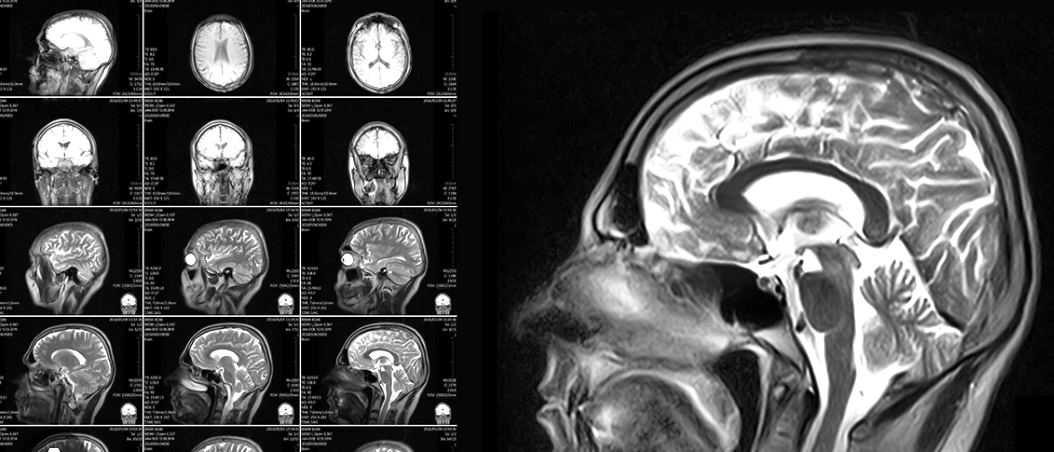Content:

We Each Have a Nazi in Us
The Guardian
09/06/2024
“Any attempt to understand the attraction which fascism exercises upon great nations compels us to recognize the role of psychological factors,” the German-Jewish social psychologist Erich Fromm asserted in 1941. Such factors are not specifically German or, say Italian, nor were they the manifestations of a unique historical era, now safely in the distant past. Not only can the malignant political-economic-ideological climates required for the flowering of fascism develop anywhere, so are its emotional dynamics present in the psyche of most human beings.
“We each have a Nazi within,” the Auschwitz survivor Edith Eger has written – pointing, in my observation, to a near-universal reality. Many of us harbor the seeds for hatred, rage, fear, narcissistic self-regard and contempt for others that, in their most venomous and extreme forms, are the dominant emotional currents whose confluence can feed the all-destructive torrent we call fascism, given enough provocation or encouragement.
All the more reason to understand the psychic sources of such tendencies, whose ground and nature can be expressed in a word: trauma. In the case of fascism, severe trauma.
Nobody is born with rabid hatred, untrammelled rage, existential fear or cold contempt permanently embedded in their minds or hearts. These fulminant emotions, when chronic, are responses to unbearable suffering endured at a time of utmost vulnerability, helplessness and unrelieved threat: that is, in early childhood.